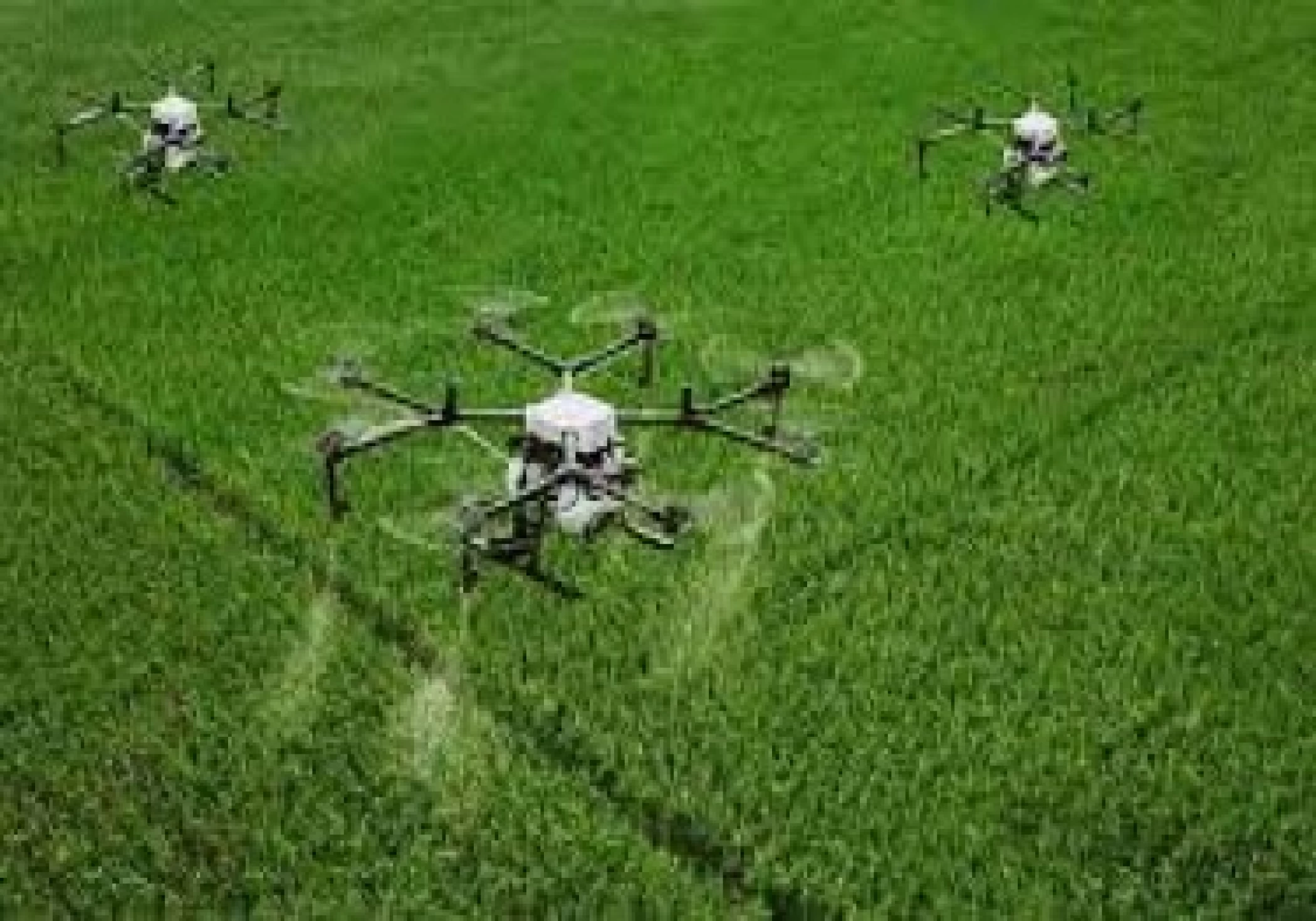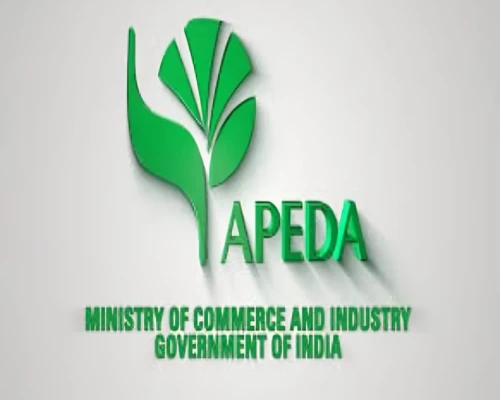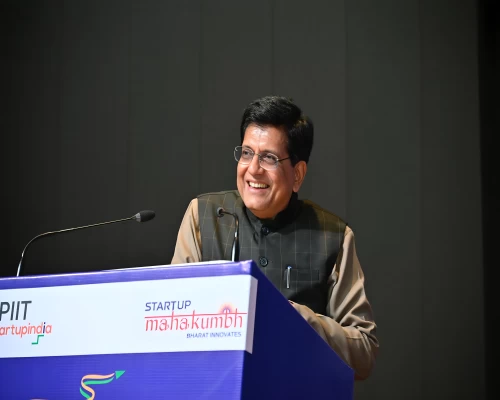
New Delhi: The Central Insecticide Board, the Regulatory Authority under the Ministry of Agriculture has given approval to Syngenta India for drone spray of its fungicide Amistar Top on paddy to protect the crop against fungal infections, Blast and Sheath Blight. Another product of Syngenta Ampligo which is a mixture of two different modes of action Active ingredients has also been approved by the 438th Registration Committee.
Syngenta is among the first companies to get approval for spraying agrochemicals by the regulatory authorities after submission of safety and bio efficacy data. Syngenta has been a pioneer in the arena of application technology including Drone after testing in their in house profiling trials and subsequently on larger plots after ascertaining good efficacy and no crop phyto-toxicity issues. The trials have been replicated for Regulatory approvals in institutes accredited by the Government of India.
The company termed this as a landmark move to scale up use of drones in agriculture, following PM Narendra Modi’s push to the technology. Syngenta says this shall pave way for immense possibilities and “usher Indian agriculture into a new era of technology-led growth and innovative pursuits by farmers and farming communities. Syngenta’s stewardship team is fully geared up to educate the farmers/ drone service agencies to strictly follow all the conditions and precautions as prescribed by DGCA.
Syngenta has also submitted label extension applications for other innovative and our leading brands. Syngenta is filing applications for label extension as soon as the relevant data is being received from various universities. In the 2022 Kharif / Rabi seasons, Syngenta has planned data generation for around 40 such products/crop combinations and will submit the applications to CIB in 2022 / 23.
Government has also accorded ad hoc but conditional approval for 477 registered pesticides that can be used in agriculture via Drone spray which includes insecticides, fungicides, and plant growth regulators, out of which around 40 formulations are of Syngenta.
Thanking the Government, Susheel Kumar, Country Head & MD, Syngenta India Pvt Ltd, said, “Drone technology is the need of the hour for Indian agriculture. The government has taken a timely decision to approve the use of drones for spraying purposes. Use of drones will address the key issues of labour and water shortage. Syngenta is proud to be a trendsetter.”
The government had created an enabling framework on drone use through its Drone Rules in August 2021. The Rules replaced the complex approval process required to fly drones and introduced a much easier certification process. Few months later, in the Union Budget of 2022, the Government announced the Drone Shakti initiative designed to promote the application of Drones-As-A-Service (DrAAS) in various sectors including agriculture. Kisan Drones are already being used for a variety of agriculture processes.
“We are happy that Syngenta’s Amistar Top is among the first products to have received an approval from Central Insecticides Board & Registration Committee, Government of India. This shall help in faster application of the solution and will ensure uniform spraying coverage of crops to minimize losses due to pests,” said KC Ravi, Chief Sustainability Officers, Syngenta India.
“We are working on drone research with various leading agricultural universities. We are also evaluating the use of our solutions through drones in different crops like Cotton, Soybean, groundnut, Hot pepper, Red gram, Corn, Rice in Maharashtra. We’ve developed in-house capability for evaluation of our products through drones at our all four Syngenta R&D hubs located across India,” said Sunil Kurchania, Head Crop Protection Development (R&D) India.
In fact, the company said it takes pride in its visionary approach on use of this transformative technology. “At our first-of-its-kind Centre of Excellence in Eluru in Andhra Pradesh, along with studies in seed care, product development, testing, and training, we had also started a pilot on use of drones in spraying pesticides on a limited scale in 2019. The results were encouraging, and then buoyed by government policies, we took to drones in a big way subsequently,” added Kumar.
“Various invasive pests are entering the country every year and farmers have not been able to use innovative solutions to cover large acreages within a short period of time. Drones will help bridge such gaps. A recent example is how the government deployed drones to control locusts in many districts of Rajasthan in 2020,” added Kumar.
The government has also announced a performance-linked incentive of Rs 120 cr, which shall further boost manufacturing of drones, and their large-scale adoption in agriculture. “This is a win-win for all. Syngenta is also exploring the possibility of training rural youth as agri entrepreneurs who could use Kisan Drones as a service to spray pesticides thereby increasing crop yields besides generating additional employment in rural areas,” added Ravi. /BI/











_500_x_400.webp)

_500_x_400.webp)